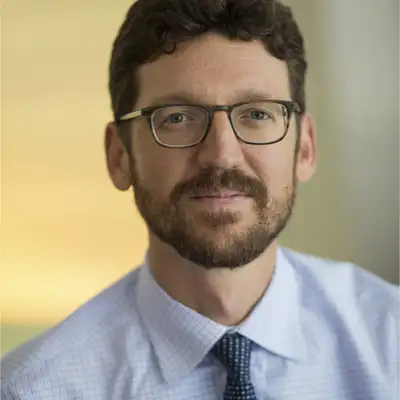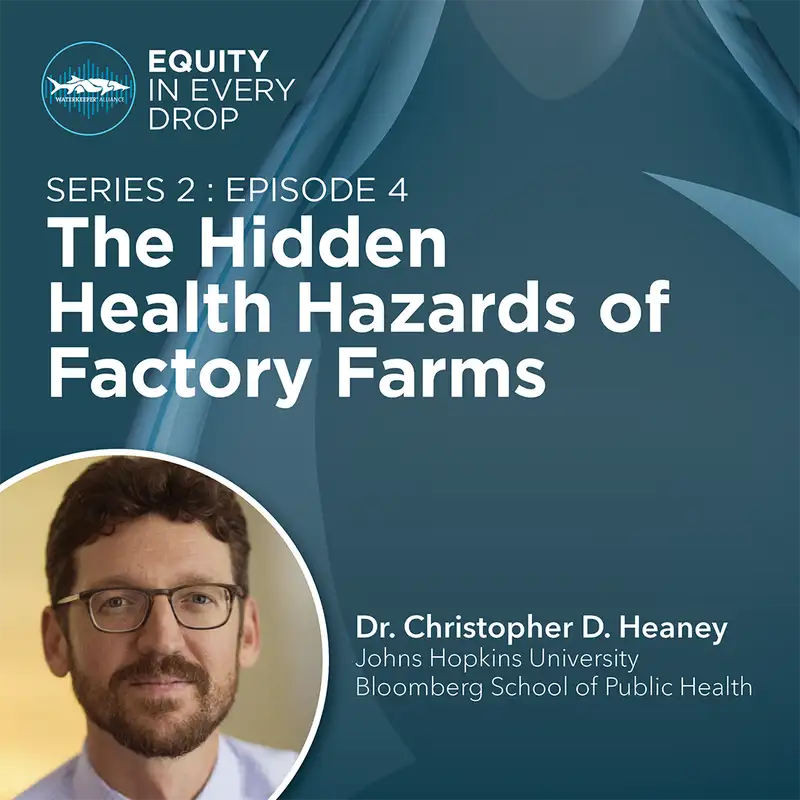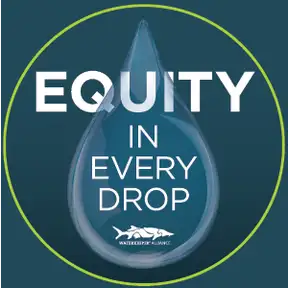The Hidden Health Hazards of Factory Farms
In this episode of Equity In Every Drop, host Thomas Hynes is joined by Dr. Christopher D. Heaney, Ph.D., an associate professor at Johns Hopkins University Bloomberg School of Public Health. Dr. Heaney's research focuses on the human health impacts of concentrated animal feeding operations, more commonly known as factory farms. Throughout the episode, they explore the significant hazards these facilities pose to both workers and nearby fenceline communities, including respiratory issues, the spread of multi-drug-resistant bacteria, and environmental contamination.
Dr. Heaney discusses his research on the link between high-density animal production and human health, sharing his journey from personal curiosity to academic inquiry. He stresses the urgent need to address these health risks and the importance of considering the lived experiences of affected communities when crafting regulatory policies. The conversation also touches on broader issues of environmental justice, with an emphasis on the need for a proactive approach to protect public health from the impacts of industrial livestock operations.
Another key topic is the promising, yet controversial, biogas technology used to capture methane from livestock waste to produce renewable energy. While this technology may seem like an innovative solution, Dr. Heaney raises concerns about its potential risks. He warns that these biogas facilities could worsen health problems for nearby residents, particularly through the release of pollutants such as hydrogen sulfide. He also points to the unsettling possibility that these facilities could become as hazardous as fossil fuel industries, especially in the event of catastrophic failures due to natural disasters like hurricanes, which frequently affect regions like North Carolina.
Dr. Heaney further advocates for more robust and proactive community engagement and public health surveillance. He stresses the importance of active surveillance and systematic testing, which could provide early warnings for emerging health threats, particularly those related to zoonotic diseases, which can transfer from animals to humans. In a global health context, such surveillance is crucial as the world continues to face the challenges posed by pandemics and their widespread effects.
Creators and Guests

Host
Thomas Hynes
Thomas Hynes is the Communications and Marketing Manager for Waterkeeper Alliance. In addition to podcast hosting and production duties, he manages and writes all sorts of editorial content for the organization, including blogs, feature articles, advocacy alerts, email campaigns, social media content, and more. Thomas grew up on the Long Island Sound in Connecticut and now makes his home two blocks from the East River in Brooklyn, New York. He primarily commutes across the river to the Waterkeeper Alliance office via ferry boat. Thomas was drawn to environmental work in order to take an active role in the fight against climate change and help bring justice to the rotten polluters who seek to ruin our shared resources. Before working at Waterkeeper Alliance, Thomas wrote a nonfiction book about the history of wildlife in New York City. "Wild City" also highlights the power and success of the Clean Water Act, and other environmental regulations, in leading an unlikely ecological turnaround. In his spare time, Thomas photographs the many tugboats traversing the city’s various waterways. Thomas lives in Brooklyn with his wife and their son. They can be found most weekends walking or biking along the East River.

Guest
Dr. Christopher Heaney
Dr. Christopher D. Heaney, Ph.D., an associate professor at Johns Hopkins University Bloomberg School of Public Health. Dr. Heaney's research focuses on the human health impacts of concentrated animal feeding operations, more commonly known as factory farms.

Producer
Lori Harrison
Lori Harrison is the Communications and Marketing Director for Waterkeeper Alliance. She oversees multi-faceted communications and marketing activities to advance the organization’s mission of protecting our right to clean water in communities around the world. With 25 years of experience in strategic water communications and mission-based work, Lori is an award-winning writer and content creator. Her expertise lies in translating complex concepts into relatable ideas, fostering engagement, and promoting sustainable practices and solutions. Her work not only aims to protect clean water, public health, and the environment but also focuses on "connecting the disconnect" between people and this essential resource. Before joining Waterkeeper Alliance, Lori had a background in corporate marketing for professional sports and held various communications and creative positions with a non-profit educational organization for global water professionals. Notable achievements include creating the WATER'S WORTH IT® grassroots awareness campaign and writing the award-winning children's book, “Why Water's Worth It,” designed to educate and inspire the next generation of water protectors. Lori lives in Virginia with her husband and their two children.

